On February 12, 1904, the Casement Report was delivered before the British Houses of Parliament, providing firsthand accounts of the brutal violence inflicted upon the indigenous people and the land in the Congo Free State by settler colonialists acting on behalf of Belgium’s King Leopold II.
According to the article The Three Lives of the Casement Report: Its Impact on Official Reactions and Popular Opinion in Belgium by Pierre-Luc Plasman and Catherine Thewissen:
Casement’s report is first and foremost the work of an emphatic man who wished to denounce the suffering of the Congolese population. In Great Britain and the Anglophone world as a whole, the report had a great impact upon both the political and popular spheres of the country. Such an impact can be understood within the recurrent charges of maladministration that took place on Léopold’s territory since 1895. Casement’s report kindled the spark to this fire of protestation.
In Belgium, however, the role and impact of the Casement Report was of a totally different nature. Political opinions oscillated between rejection of the report and support for its humanitarian concerns. Belgian socialists and liberals never hesitated in condemning the abuse taking place in the CFS, while the Catholics cast a great shadow over the truth and veracity of Casement’s statements. The use of a foreign report, however, was not acceptable within Belgian politics and an enquiry commission was established. The debate, therefore, was not on the basis of Casement’s report, but rather on that of the enquiry commission. The Casement Report was but a piece in the domino effect that led to the annexation of the Congo to Belgium. [Continue reading.]
The report was written by Roger Casement, a diplomat for the United Kingdom and a Dublin-born Irish nationalist who was later executed for his involvement in the Easter Rising.
The Zinn Education Project has a lesson for high school classes on the Congo — Congo, Coltan, and Cell Phones: A People’s History — examining the brutal exploitation of the Congolese for rubber in the 19th and 20th centuries and for coltan (in smart phones) today. Here is the text for the role of Casement in the lesson.
Roger Casement
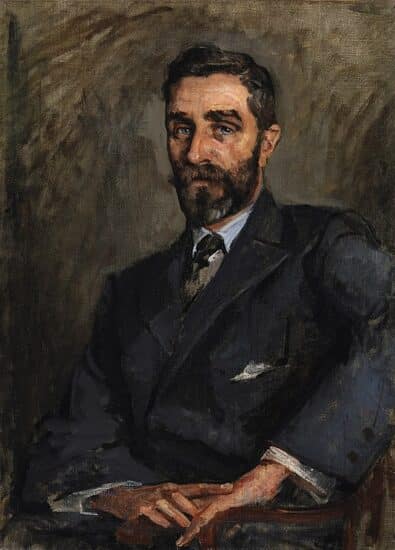
Portrait of Roger Casement by artist Sarah Henrietta Purser, 1848-1943. Source: National Gallery of Ireland, public domain
I was an Irishman who was a British consul (representative) by profession. In 1903, the British government sent me to investigate accusations against King Leopold in Congo. I later wrote the “Casement Report” documenting the atrocities I found there.
Along with Edmund Dene Morel, I founded the Congo Reform Association in 1904. Congo Reform Association members wrote articles and gave lectures about Congo, starting a cross-Atlantic movement that eventually put enough pressure on King Leopold to transfer control of Congo to the Belgian government in 1908.
I went on to fight for Irish independence from Great Britain. I was executed by the British government for treason on August 3, 1916.

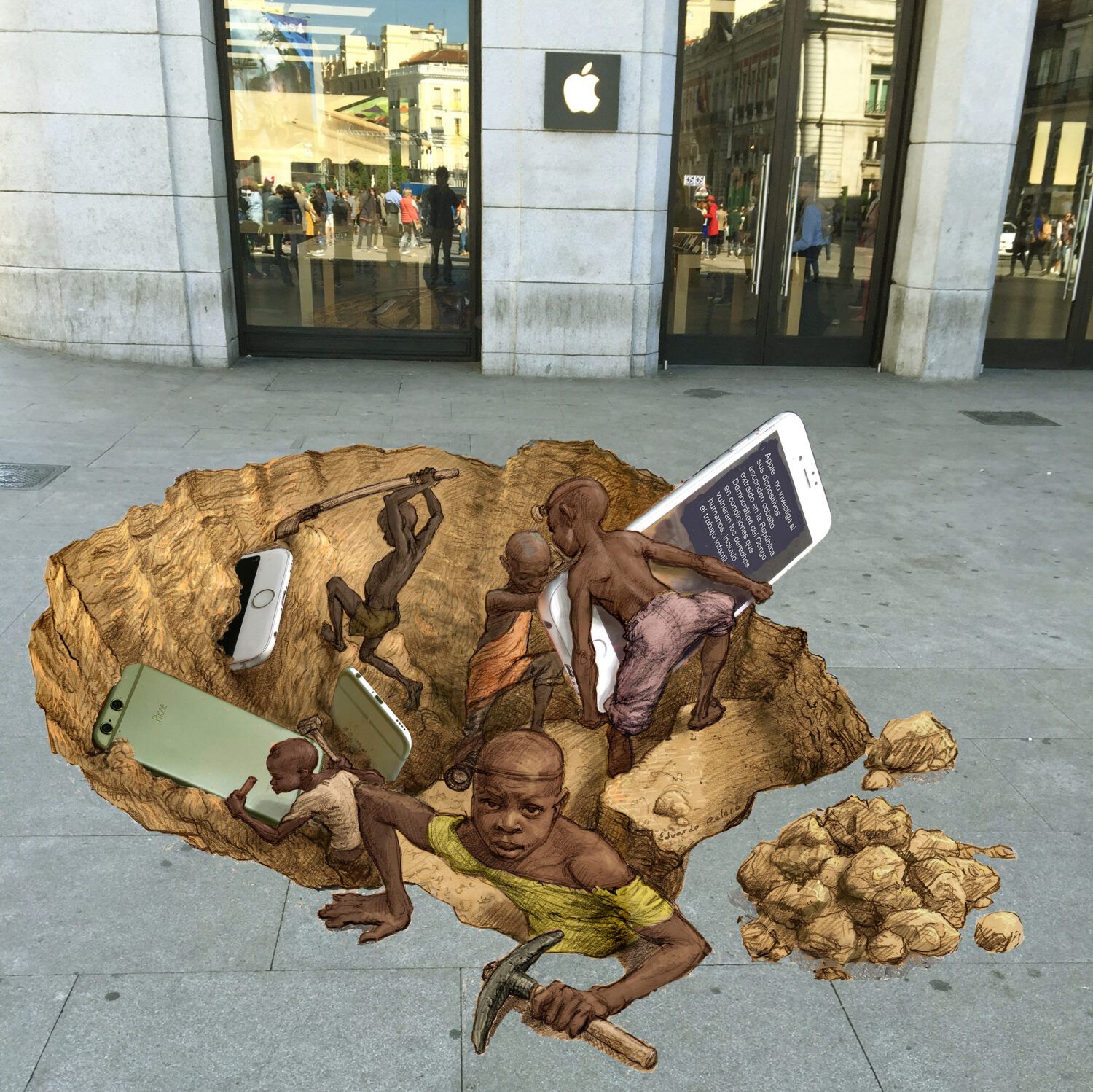
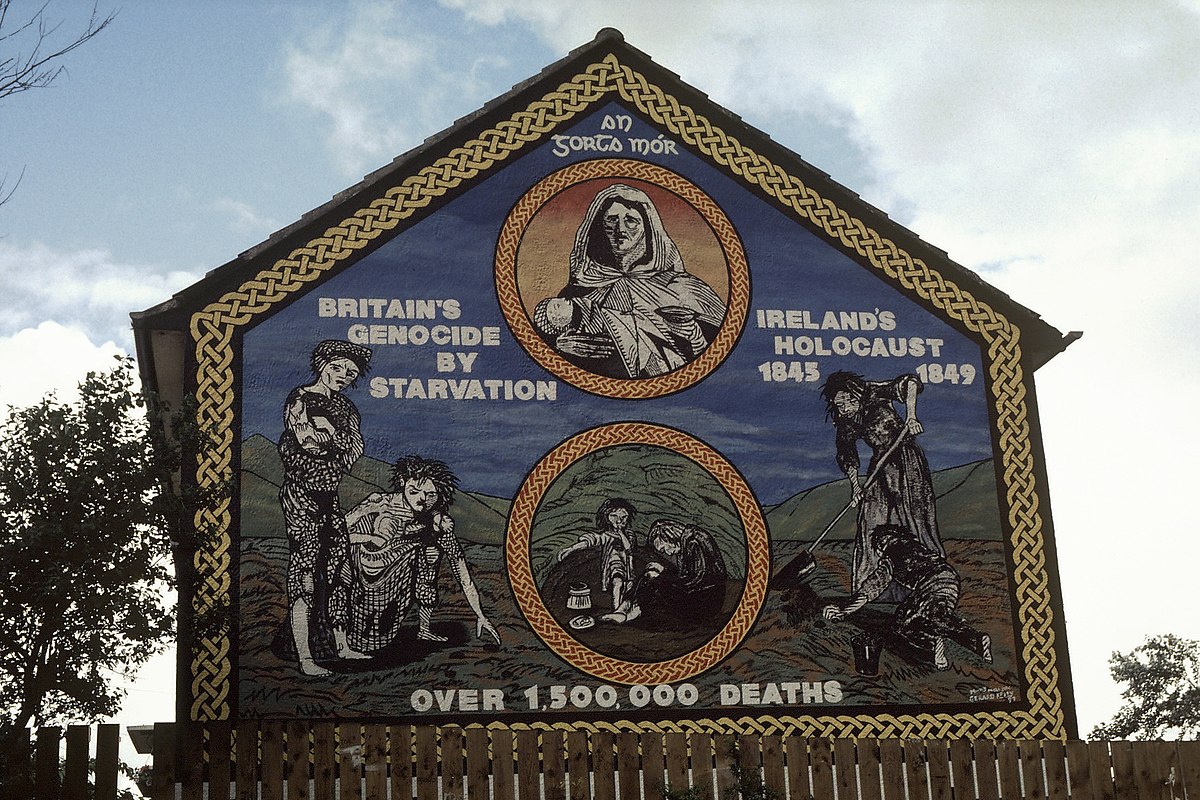
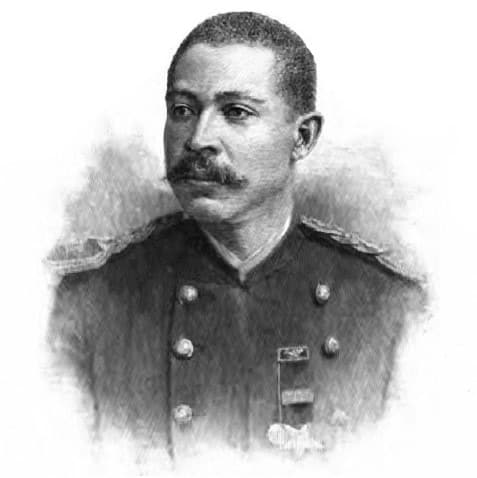
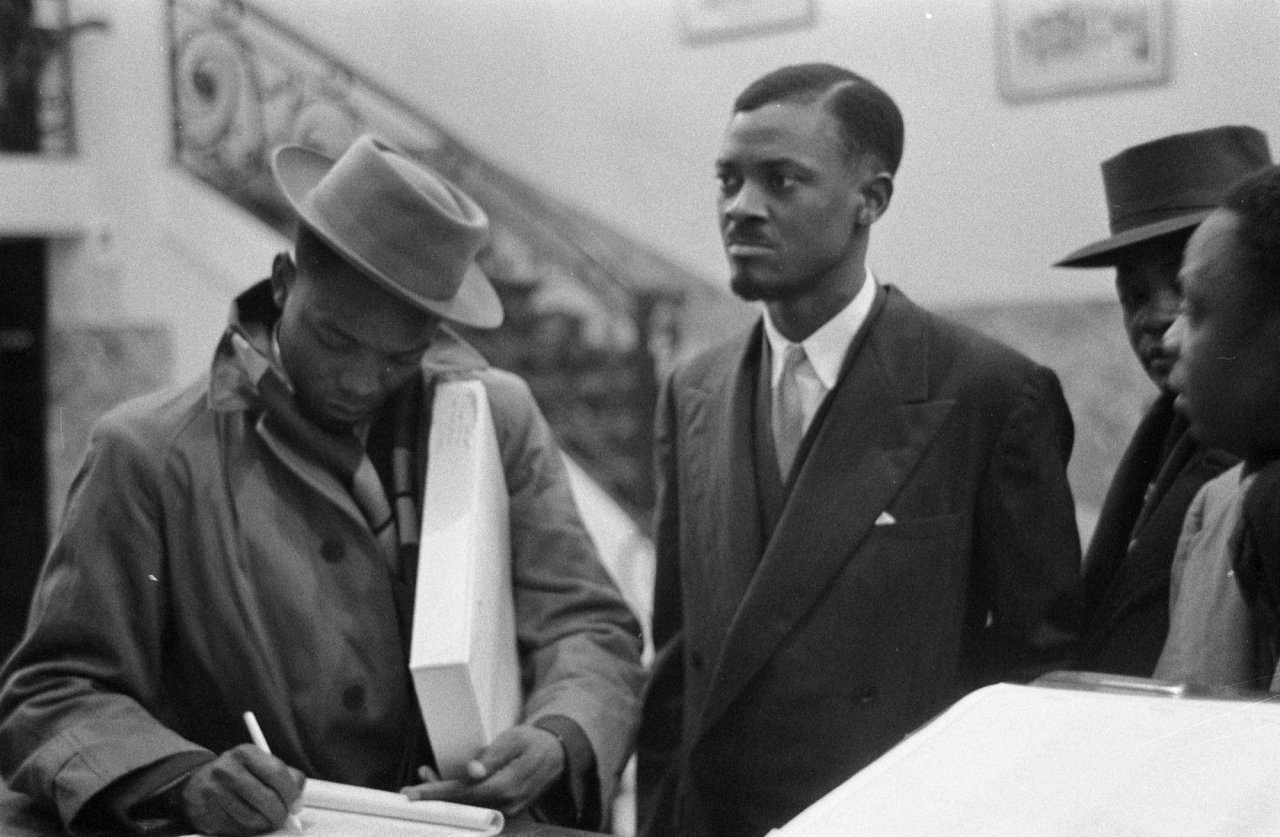





Twitter
Google plus
LinkedIn